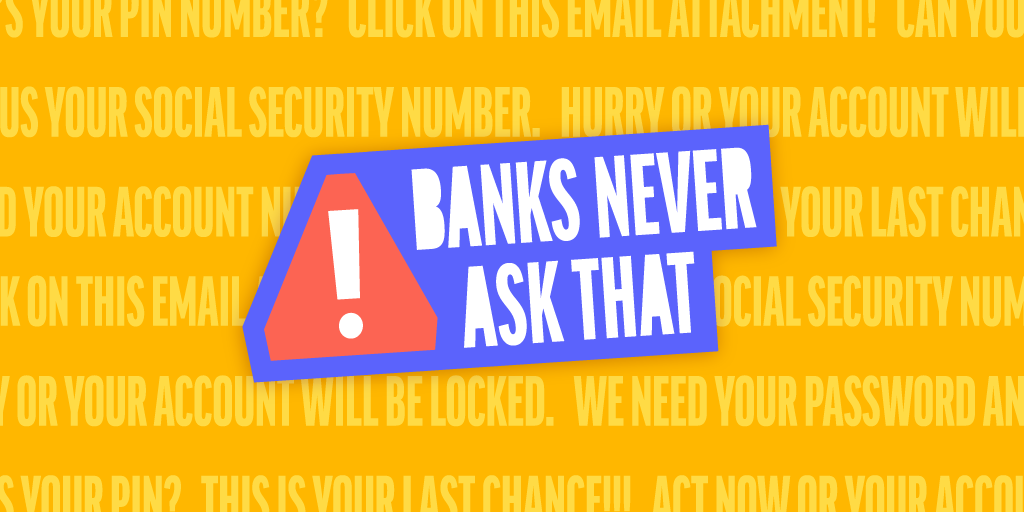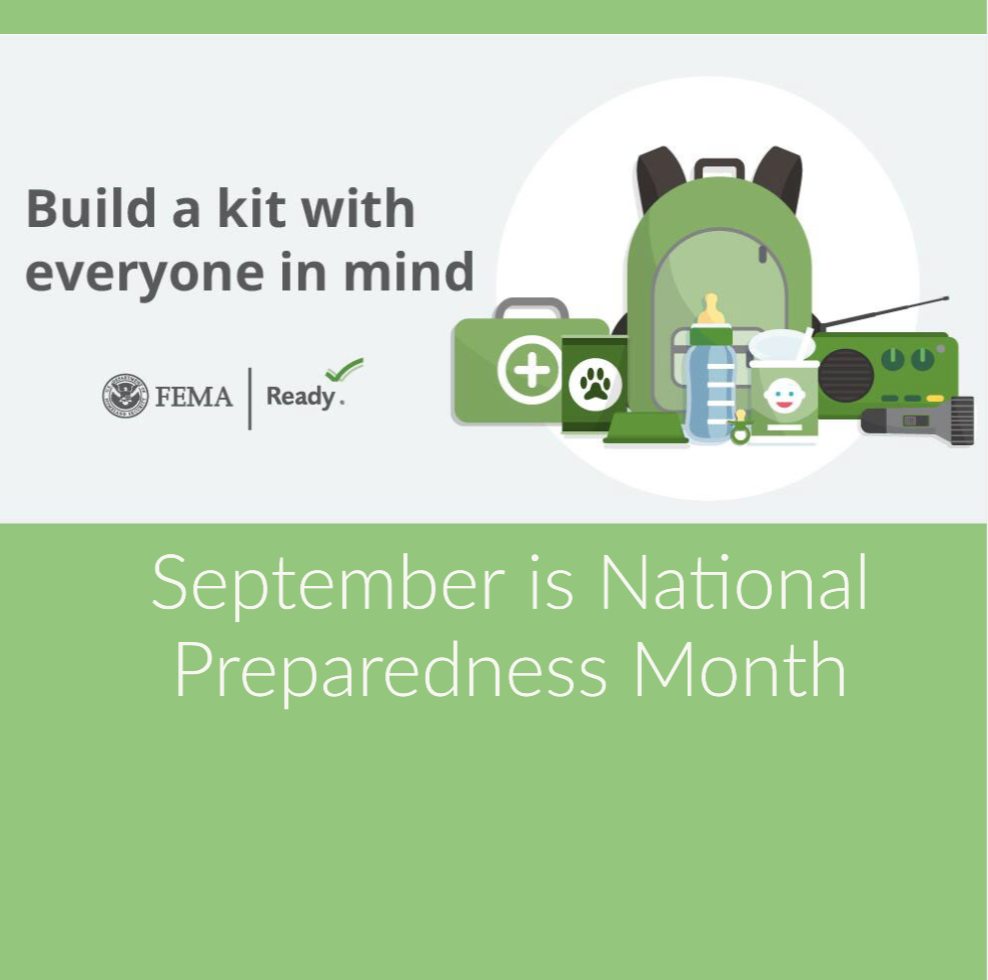Here are 6 simple tips to help plan for the unexpected and regain your financial footing after a crisis.
- Prepare backup communications plans if both cellular and landline services falter.
- Store digital and paper copies of critical documents in a safe deposit box. These include a driver’s license, passport, military ID, bank and investment account information, proof of occupancy, a mortgage deed, insurance policies, and three years of tax returns.
- Make copies of personal documents — marriage license, birth certificates, adoption papers —for safekeeping and alert a relative, trustee, or attorney of their location.
- Print contact information for trustees, guardians, and executors and store them away for safekeeping.
- Create an inventory of personal and household valuables and use photo or video documentation to help assess their value and determine replacement costs.
- Contact your insurance agent to determine if you need a flood insurance policy.
In addition to building an emergency fund and putting together a disaster supplies kit, you should also get yourself up to speed on some of the latest scams targeting you and your information. Scammers are always looking for new ways to trick and take advantage of people.
You can help protect yourself from these scams if you keep these tips and best practices in mind.
-
Be Cautious When You Buy Online: Some online sellers claim they have in-demand products like household cleaning and medical supplies when they really don’t. Make sure you always buy from reputable retailers when shopping
 online. Before you order from a new site, do your research by looking at reviews and business ratings. Also, make sure the website and transaction are secure, look for “HTTPS” in the URL and a small lock icon in the address bar.
online. Before you order from a new site, do your research by looking at reviews and business ratings. Also, make sure the website and transaction are secure, look for “HTTPS” in the URL and a small lock icon in the address bar. -
Be Wary of “Investment Opportunities: Scammers are using false advertising and deceptive practices to encourage people to urgently get involved with “money-making” investment or business schemes and unwittingly lose money in the process. Make sure to take time to research any opportunity you are considering.
-
Be Skeptical of Incoming Calls: No matter what number appears on your caller ID, be cautious. Scammers can utilize call spoofing technology to impersonate people and organizations you trust. If the caller asks you to give or verify any of your personal or financial information, such as your Social Security number, date of birth, or debit card information, hang up. If a suspicious caller identifies themselves as a Planters First Bank representative, after hanging up, call your local branch as soon as possible to confirm the legitimacy of the call.
-
Don’t Click Links or Open Attachments in Unfamiliar Texts or Emails: Scammers are sending messages disguised as government organizations hoping to trick you. Opening these could put your device and identity at risk. They may download malware or link you to a spoofed website to steal your information. If you receive an email or text of this kind, do not click through, instead visit the organization’s official website by typing the address in your web browser.
-
Hang Up On Robocalls: If you answer the phone to a recorded sales pitch, hang up immediately. Do not press any numbers to be connected to a live operator or to be removed from the call list. Doing so could lead to more calls.
-
Always Use Secure, Traceable Transactions: If someone insists you pay by wire transfer, gift card, or another non-traditional payment method, do not send the payment. Scammers use this tactic because, cash, wire transfers, and gift cards are basically untraceable, meaning they will probably just take your money and disappear.
We want every bank customer to become a pro at spotting a phishing scam—and stop bank impostors in their tracks. It starts with these four words: Banks Never Ask That. Because when you know something sounds suspicious, you’ll be less likely to be fooled.
Here are some examples of questions that your bank would never ask.
Don’t forget we are always here to help answer your questions if you suspect fraud on your account or want to learn more about how to protect yourself and your accounts. A great way to get started today is to sign up for Online and Mobile Banking to check your accounts regularly.
